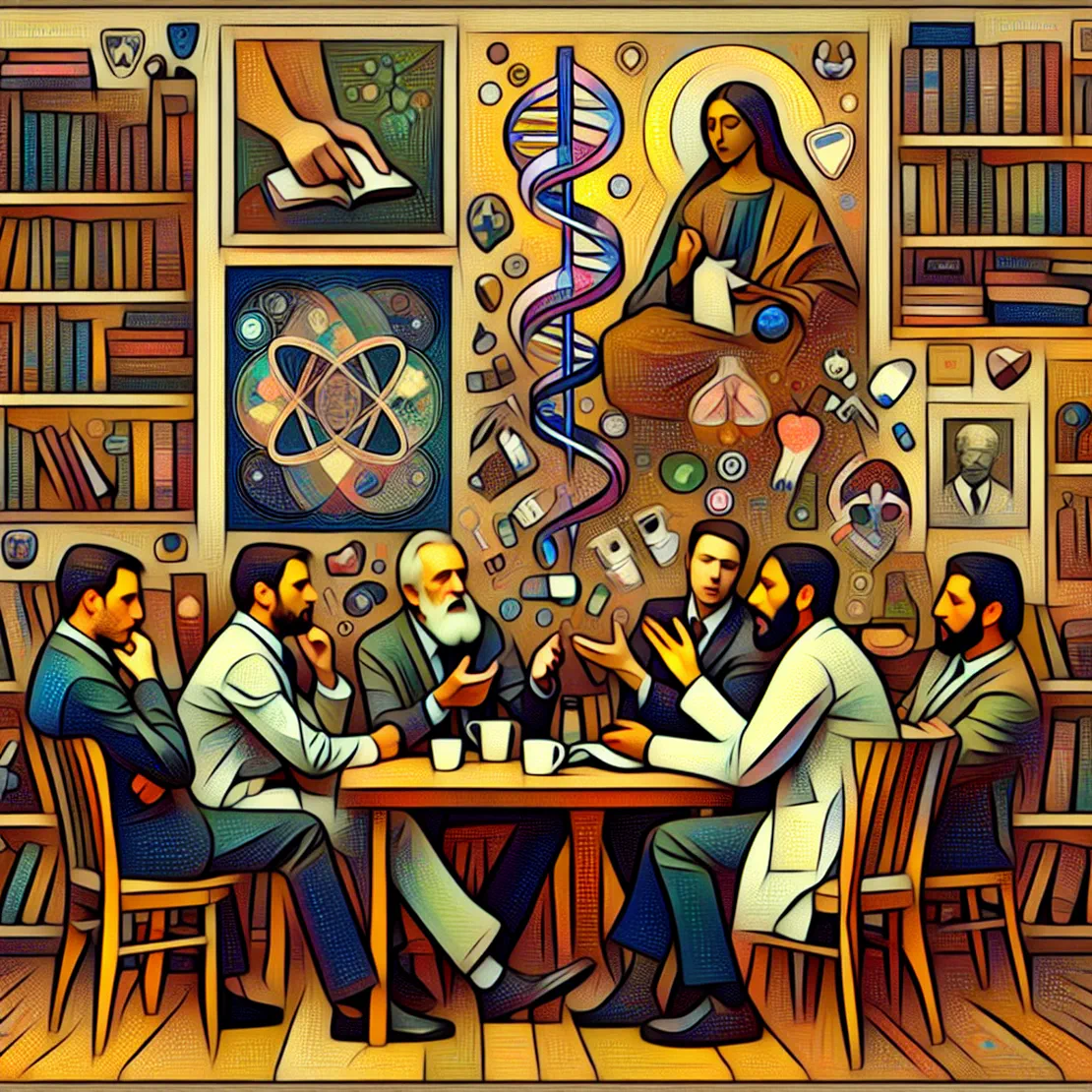
E328 Dr Jordan Peterson
- This Past Weekend
- Aa , Recovery , Addiction , Sobriety , Most popular
- March 11, 2021
Table of Contents
At a Glance
-
The Intelligent Design of 12 Steps - “I think that’s quite an intelligent program psychologically speaking” This point is significant because it highlights the thought process and self-awareness required to understand the effectiveness of the 12 steps.
-
The Value of AA as a Social Structure - “an AA doesn’t seem to be an exploitative organization it’s all volunteers” This point is significant because it highlights the positive aspects of AA, including its volunteer-led structure, which can provide support and accountability.
-
Personal Experience with Cocaine and Drinking - “my problem was cocaine… I worried that if I drank I would do cocaine” This point is significant because it highlights the individual experience and struggles of addiction, which can be unique to each person.
-
The Power of Emotional Sobriety and a Higher Power - “having a relationship with a higher power which I’d never really had made me feel like something cared about me unconditionally” This point is important because it illustrates the transformative impact of AA on individuals, particularly in terms of emotional sobriety and spiritual growth.
-
The Gift of Personal Growth and Effort - “life is a program of effort we gotta make an effort to see changes” This point is significant because it emphasizes the importance of personal responsibility and effort in achieving positive change.
What to Do
-
Make an emotional inventory and take responsibility - Dr. Pearson suggests that to achieve success in overcoming addiction, one must first acknowledge what’s wrong in their life, including alcohol misuse. This involves taking responsibility for one’s actions and charting a new course.
-
Seek social support - Dr. Pearson mentions the importance of having a social structure when trying to stop drinking, as it can be challenging to break free from peer pressure and social norms that promote alcohol consumption.
-
Explore alternative treatment options - Dr. Pearson notes that while AA may not have been proven through controlled trials to be more effective than other treatments, it’s essential to explore alternative options and weigh the potential risks and benefits.
-
Cultivate a sense of purpose - Dr. Pearson’s conversation highlights the importance of finding meaning and purpose in life, which can be a powerful motivator for change.
-
Practice self-reflection - Jordan mentions the value of reflecting on one’s experiences and emotions to gain insights and make positive changes in their life.
What to Get
-
12 Rules for Life: An Antidote to Chaos by Jordan Peterson - Amazon
-
Beyond Order: 12 More Rules for Life by Jordan Peterson - Amazon
-
Maps of Meaning: The Architecture of Belief by Jordan Peterson - Amazon
Summary
In this episode of a podcast, Dr. Pearson engages in a thought-provoking conversation with his guest about the 12-step program and its effectiveness in helping individuals overcome addiction. The discussion begins with an analysis of the 12 steps, which is described as a cleverly designed program that encourages individuals to take responsibility for their actions and seek support from others. One of the most interesting points made by the guest is that the 12 steps create a social structure, which can be particularly helpful when trying to stop drinking or engaging in other addictive behaviors.
The conversation also touches on the topic of AA (Alcoholics Anonymous) and its role in supporting individuals with addiction issues. The guest argues that AA is not an exploitative organization, despite being composed entirely of volunteers. He also notes that while there may not be conclusive evidence to support the effectiveness of AA through controlled trials, it is unlikely to cause harm and can serve as a useful alternative for those struggling with addiction.
A key moment in the conversation occurs when the guest reflects on his own experiences with addiction and recovery. He discusses how attending meetings helped him feel a sense of emotional sobriety and connectedness with others, which was a crucial factor in his recovery. Furthermore, he shares that having a relationship with a higher power provided him with an unconditional sense of love and care, which had a profound impact on his life.
Throughout the conversation, Dr. Pearson asks thoughtful questions and engages with the guest’s insights. He also shares his own thoughts and experiences, creating a dynamic and engaging dialogue. The discussion concludes with a reflection on the importance of making an effort to achieve positive change in one’s life. The guest emphasizes that recovery is not a simple or effortless process but rather requires dedication and perseverance.
This conversation offers valuable insights into the complexities of addiction and recovery. It highlights the importance of seeking support, building connections with others, and cultivating a sense of self-awareness. The discussion also acknowledges the limitations of controlled trials in evaluating the effectiveness of programs like AA and emphasizes the potential benefits of alternative approaches to recovery. Overall, this conversation provides a nuanced understanding of the challenges faced by individuals struggling with addiction and offers hope for those seeking to overcome their struggles through support and perseverance.


